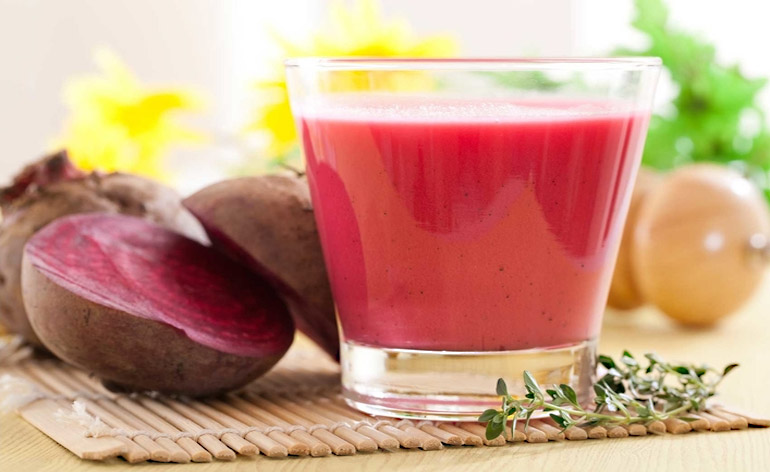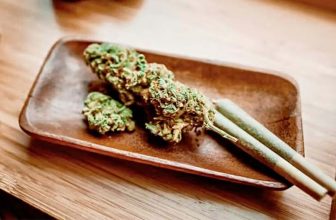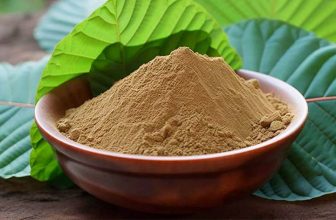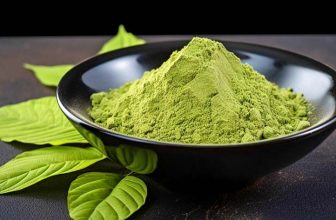
Ever thought you might be short changing yourself by not having the energy you need to achieve your training goals due to the winter months? Well fear not, because here are 10 top winter training foods that will help ignite the fire in your belly and propel you into high gear!
- Flapjacks
A great way to boost energy levels before any training session. The combination of oats, nuts, fruit and seeds will slow down the digestion and subsequent absorption of nutrients, which in turn, provides a gradual release of energy instead of a quick energy surge and slump. This will also help towards controlling your appetite before and during your training sessions.
However, one caveat of these foods, is that some commercially bought ones can be loaded with sugar and contain little protein. It can be a good idea to make your own in order to have better control of the what goes into them. To do this simply, mix dried fruit, oats, milk, honey and protein powder and oven bake for 10-20 mins @180°. These also make a good training day snack or even a quick-grab and go breakfast!
- Mackerel
A really good source of fat. Oily fish in general is a great source of Vitamin D and Omega-3, both of which tend to be lacking in our diets. It is also rich in protein, which makes it a good choice for rest days when the muscles are recovering from a hard session. Finally, mackerel is also a good source of phosphorus which helps release energy from food (essential for exercise) and magnesium which helps turn that that food into energy.
- Eggs
Their image has been tarnished due to its fat and cholesterol content but in reality they shouldn’t be feared! Fat provides us with a source of energy, helps with cell membrane functionality and provides us with essential fat-soluble vitamins.
The cholesterol content within eggs, specifically the yolk, is high but this has little effect on blood cholesterol. Eggs are also a great source of protein. Finally, switching a pre-training meal that is carbohydrate based such as porridge, for one that is fat and protein based such as an omelette, may enhance the body’s ability to metabolize fat. This is a similar method to fasting while training and/or training with low carbohydrate availability.
- Beetroot
Due to its rich nitrate content, beetroot can result in vasodilation (a widening of the blood vessels). This is turn, makes it an attractive food for endurance based sports as it can reduce the oxygen cost of exercise and subsequently make you more economical.
For example, imagine a car that has a greater mile per gallon ratio (but substitute the petrol for oxygen). This is extremely beneficial in endurance events, due to the resultant delay in anaerobic by-products such as lactic acid. One thing to remember though, is ensure you do not use mouthwash. A reason for this is that the nitrate needs to be converted into nitric oxide and this process starts with the nitrate first engaging with bacteria on the tongue.
- Spinach
Strenuous exercise training and events can suppress the immune system. It is suggested that in the first few hours post-exercise there is an “open-window of opportunity” for bacteria and viruses to gain a foothold; leading to an increased risk of infection. Furthermore, during periods of heavy training the immune system may be compromised and an adequate intake of carbohydrates, fluid, proteins and micronutrients should be met. Spinach is particularly high in Vitamin A, which is associated with the ability to fight infection. To boost the immune system post-exercise, try a smoothie blend of whey protein powder, frozen berries, spinach and milk.
- Greek yoghurt
A great source of protein, fat and calcium and is also very versatile. This can be eaten as part of a post-exercise snack with added fruit or granola, a quick, easy-to-make breakfast or even a pre-bed snack. If maximising muscle size gains is your goal, a regular feeding of 20-30g of protein per day is beneficial as skeletal muscle is sensitive to protein feeding 24-72 hours post-training and the lack of protein through the night is often forgotten about. In addition, this strategy can also help muscle recovery through the night for endurance based athletes.
- Chocolate milk
Yes, really! The reason being that chocolate milk possesses a good ratio of carbohydrate to proteins, making it an ideal recovery drink. It should be noted, that if weight management is of concern, then semi-skimmed milk should be used instead due to a lower calorie content. In addition to carbs and proteins, milk also possesses re-hydrating properties and calcium. 300-500ml should do the trick!
- Cinnamon
Adding herbs and spices to meals can be an effective way of increasing the nutrient density of those meals. Training can be stressful, and result in muscle tissue inflammation and reducing this inflammation is part of the recovery process. Cinnamon is a great antioxidant and anti-inflammatory food that can speed-up this process. A Greek yoghurt with added fruit, cinnamon and honey is a simple but effective recovery snack.
- Dark chocolate
Another food that has anti-inflammatory properties. It can be grated and added to snacks or melted and used as a topping on pancakes when choosing post-training recovery meals or something to eat on rest days. It should be said that if weight control is a goal, then being conscious of portion size makes good and common sense.
- Cherry juice
Generally, berries are a great source of antioxidants. Specifically, cherries contain good levels of vitamin A and vitamin C, which play a role in immune function and reducing inflammation induced by strenuous exercise and training. Adding berries such as cherries to smoothies or snacks can be a great way of speeding up the recovery process ahead of your next session.









